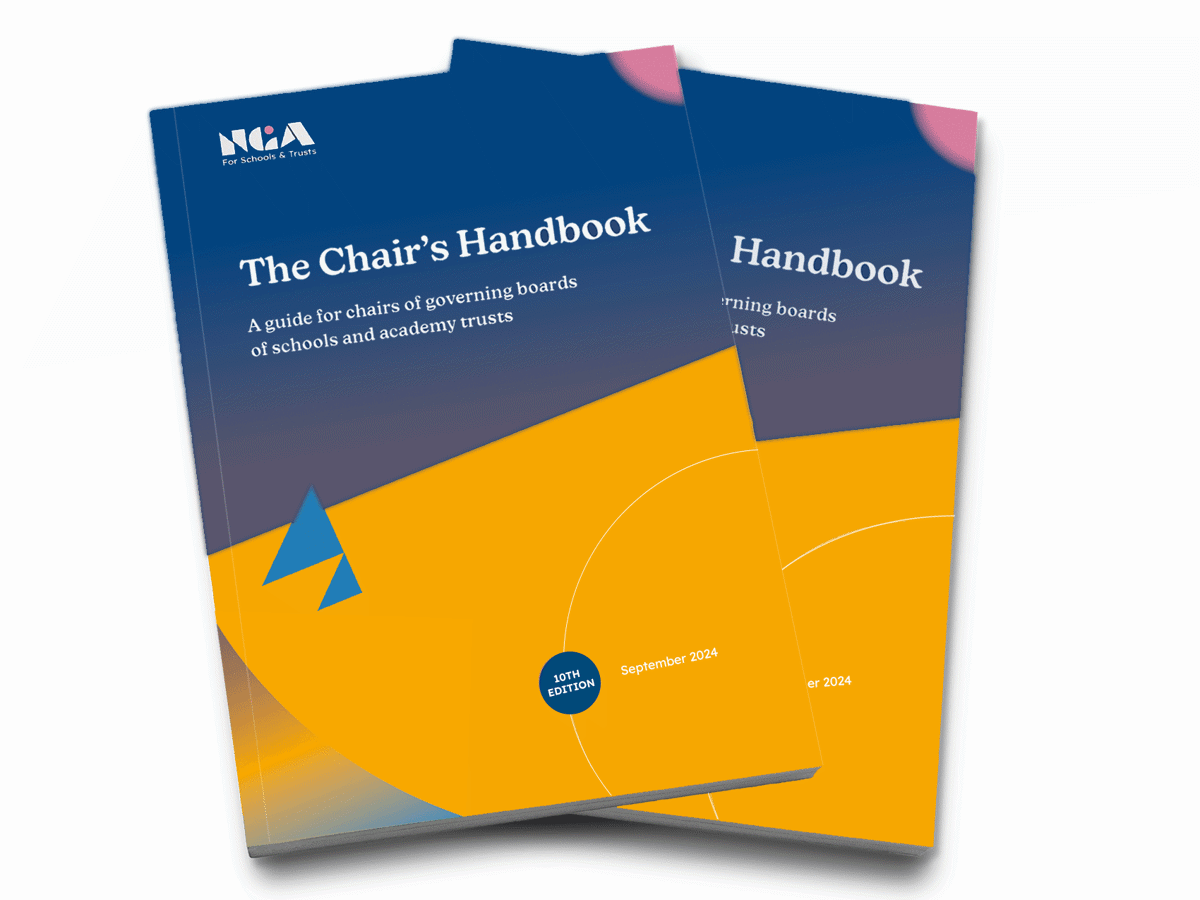How chairs spend their time
Insight into how chairs spend their time and what can be done to alleviate the burden on these volunteers

Governing boards are ultimately accountable for the education of thousands of children, yet school governance is undertaken by unpaid volunteers in their spare time. This presents a conflict between the time required to effectively govern and the amount of time governors and trustees are able to give, an issue that has been recognised for over twenty years.
Research overview
This research looks at the time commitment required to be a chair of governors in an English school. The report draws on 31 diaries completed by chairs of governors and 19 telephone interviews.
The study revealed some useful insights into what those governing spend most of their time doing and what can be done to alleviate the time burden upon these volunteers.
Key findings
This research sought to gain a better understanding of how much time chairs of governing boards spend on governance and what this time was spent on. It is clear that the time commitment varies enormously.
For some chairs, governance is the equivalent of a part-time job, whereas for others it only takes up a couple of hours a week. Furthermore, the diaries suggest that the demands on chairs’ time vary throughout the year, even on a weekly basis.
- Participants who worked full time spent less time on governing than those who were retired or were self-employed on a part time basis.
- Two key challenges were the amount of free time available to govern and flexibility to govern during the working day.
- Research participants spent by far the most time on ‘thinking time’.
- The most common time management strategy used was delegation, both to other members of the governing board and the senior leadership team.
- A number of respondents felt that their vice chair makes a valuable contribution, however, it appears that the vice chair role is often underutilised.
Chairing
Time management tips
We used our research into how chairs spend their time to create these time management tips. Each chair brings unique skills, experience and circumstances to their role - everyone works differently but we hope our tips offer helpful suggestions.




























